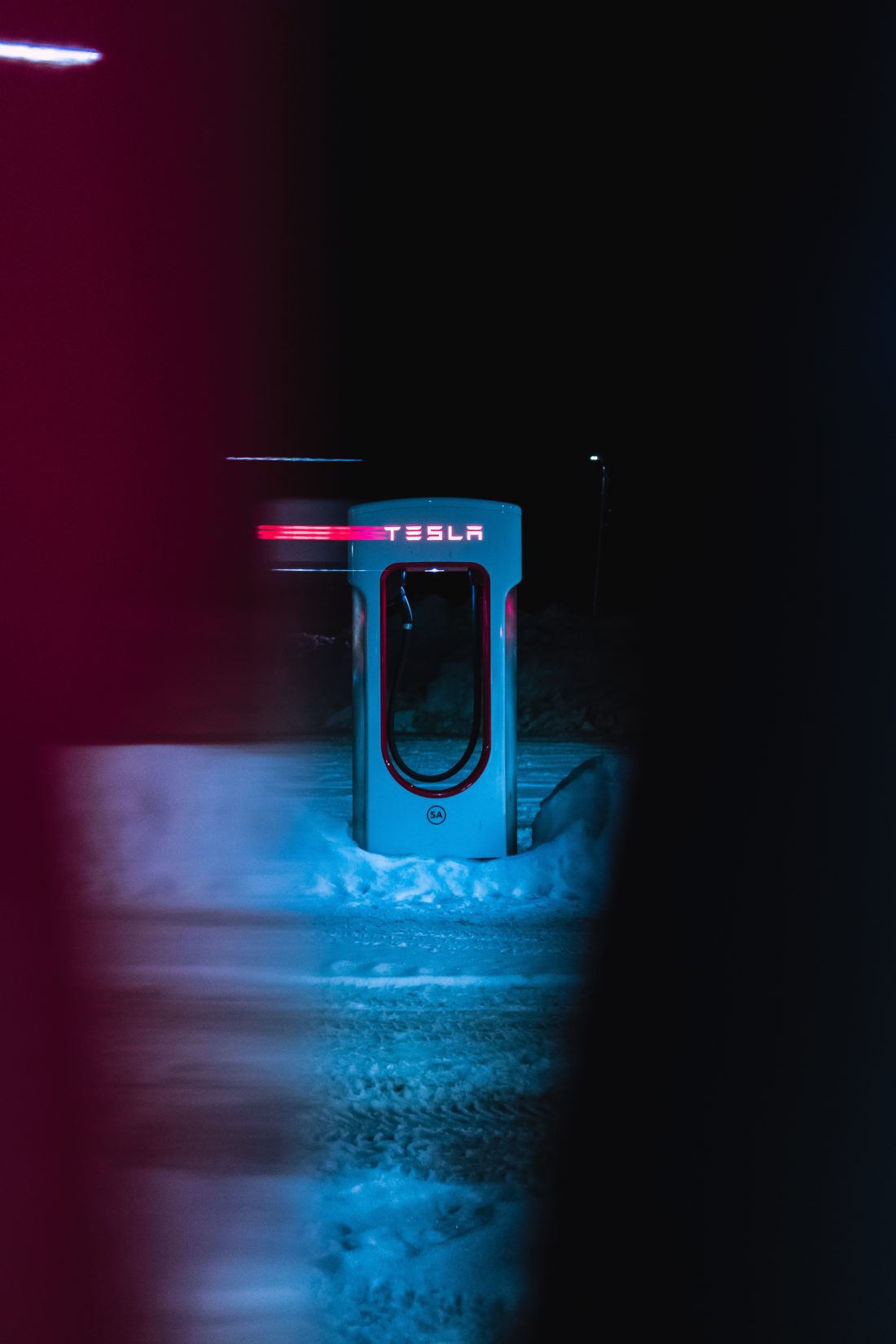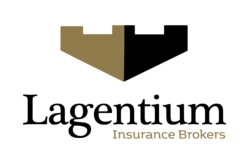
Elon Musk: billionaire supervillain or life-saving tech hero?
Born in Pretoria, South Africa, Elon Musk seems to start companies which conceptualise his sci-fi ideas left, right and centre. His standpoint on politics liberal, on climate change wary, and on artificial intelligence, pressing. He describes AI as the ‘most serious threat to the survival of the human race’.
As such, his companies work for the betterment of the everyday lives of the population while his philanthropic work and lobbying highlights not only the desire to assist but also the ability to, given his worth of approximately $20 billion.
Yet quite bizarrely, Musk also reminds many of an all-too-familiar TV supervillain, with eye-watering money, outlandish ideas and a huge amount of power. His projects and companies, though, could easily transform the industries we work in and rely on.
Let’s take a look at some of his work which could directly impact us.
SpaceX
Musk holds the view that AI holds an ultimate threat to human civilisation. The answer? SpaceX. Or the colonisation of Mars. Having been instrumental in privately-funded space exploration growth, SpaceX plans to send people to the Moon and back and is focused on reducing the overall cost of space tourism. The jobs it creates and the impact it could have on our lives will surely be the greatest leap.
Tesla
Not only is Tesla taking huge strides at making the electric car a normal, everyday car, but it is pushing into sectors we hadn’t thought of as it does so. Having worked with Daimler in the past, Tesla says it is willing to work with Daimler on providing an all-electric Mercedes Sprinter, an ever-present choice of van for workmen, contractors, and tradespeople.
Such a move could squeeze out the competition or force the likes of Renault and Ford to follow suit. What’s more, driverless cars and flying taxis are rumoured to be in development as part of Tesla’s wider projects.
Hyperloop aims to provide superfast human transportation. The unaffiliated Virgin Hyperloop One is projected to reach top speeds of 760mph. Wouldn’t this change the way we travel? Would we need cars? Would we still take planes?
Neuralink, a neurotechnology company which works to fuse the human brain with AI. Neuralink may change the health and care sector exponentially.
OpenAI, a not-for-profit AI research company designed to provide general research for the benefit of the public. An all-seeing eye for Musk’s wider programmes, OpenAI has the potential to influence every industry we know.
The Boring Company digs into the ground and builds a tunnel network for human transportation. Again, this brings into question the need for personal vehicles in the long term.
Criticism
Whilst some of these projects may seem outlandish and unrealistic, Musk remains ambitious. In fact, some of the key issues holding projects back are not the scientific or monetary feasibility but a mixture of authorisation, regulation and health and safety.
Indeed, one of the points detractors use against Musk relates to safety concerns. Around 94% of road traffic accident deaths are due to driver error, and whilst driverless cars will surely decrease this stat, Tesla has come under intense scrutiny for the number of crashes and deaths its testing has caused.
What’s more, the sheer amount some of these projects exert has angered people around the world. The disparity in global economies has led some to question the worthiness of some of Musk’s ideas.
That being said, the projects undertaken may not seem of real, visible benefit now, but Musk’s argument remains that artificial intelligence is growing faster than humans and that the infrastructure for space exploration is behind the rapid decay of the Earth caused by humans.
What’s your opinion?
At R Collins & Co, we help construction workers, engineers, tradesmen and those in medical and scientific fields with all types of insurance. We’re always happy to chat be it around insurance, your field or even Elon Musk. Call us on 01977 558391 for more information.
